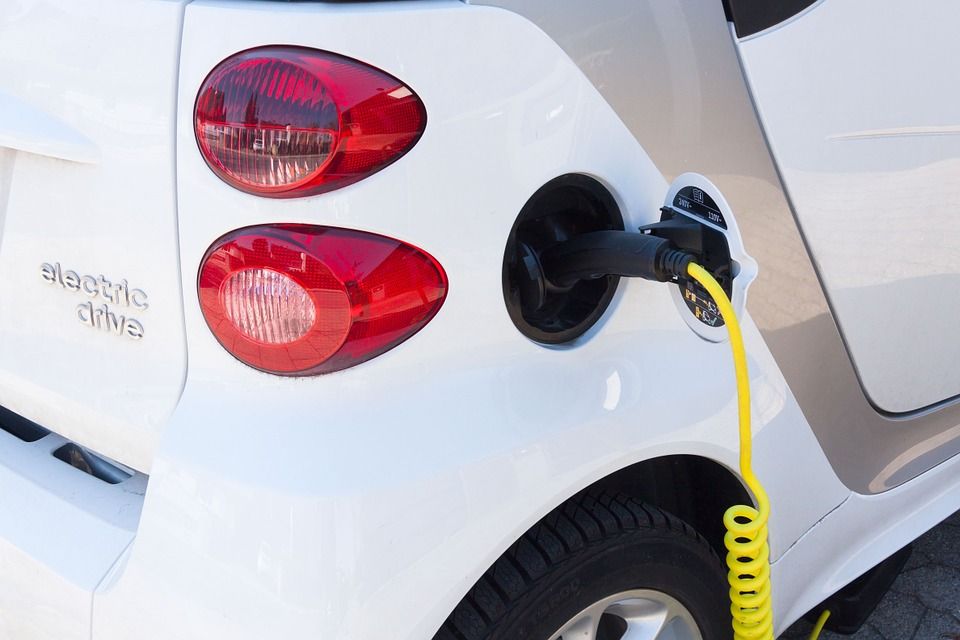Thanks to a 2015 strategy that has phased back the registration tax for electric cars, sales in Denmark have been stagnant in recent years. But according to opposition party Socialdemokratiet (S), that needs to change – and fast!
In fact, as part of the party’s green strategy, there is a goal to have 500,000 cars running on electricity or hydrogen by 2030 – close to 20 percent of the country’s total. Additionally, an increased number of more efficient charging docks should be erected.
“Our position as green leaders isn’t down to luck. It’s the result of considered political decisions, and now it’s time to take the next big step,” said Mette Frederiksen, the head of S.
The five-point 2030 initiative also includes the reduced taxation of company cars that run on electricity or hydrogen, while the phasing in of the registration tax, will be postponed.
READ MORE: Danes want a lot more political action on electric cars
Not ambitious enough
Fellow opposition party Radikale praised Frederiksen’s plan, but called for it to be even more ambitious.
Radikale head Morten Østergaard contends there ought to be a million electric cars on Danish roads by 2030.
“Our proposal is very ambitious, but that’s what should mark the next energy agreement. We need to set the bar high and prove we want to be green leaders when it comes to transportation,” Østergaard told DR Nyheder.
The government is expected to unveil its energy proposal in the near future, after which negotiations with other parties will commence.















